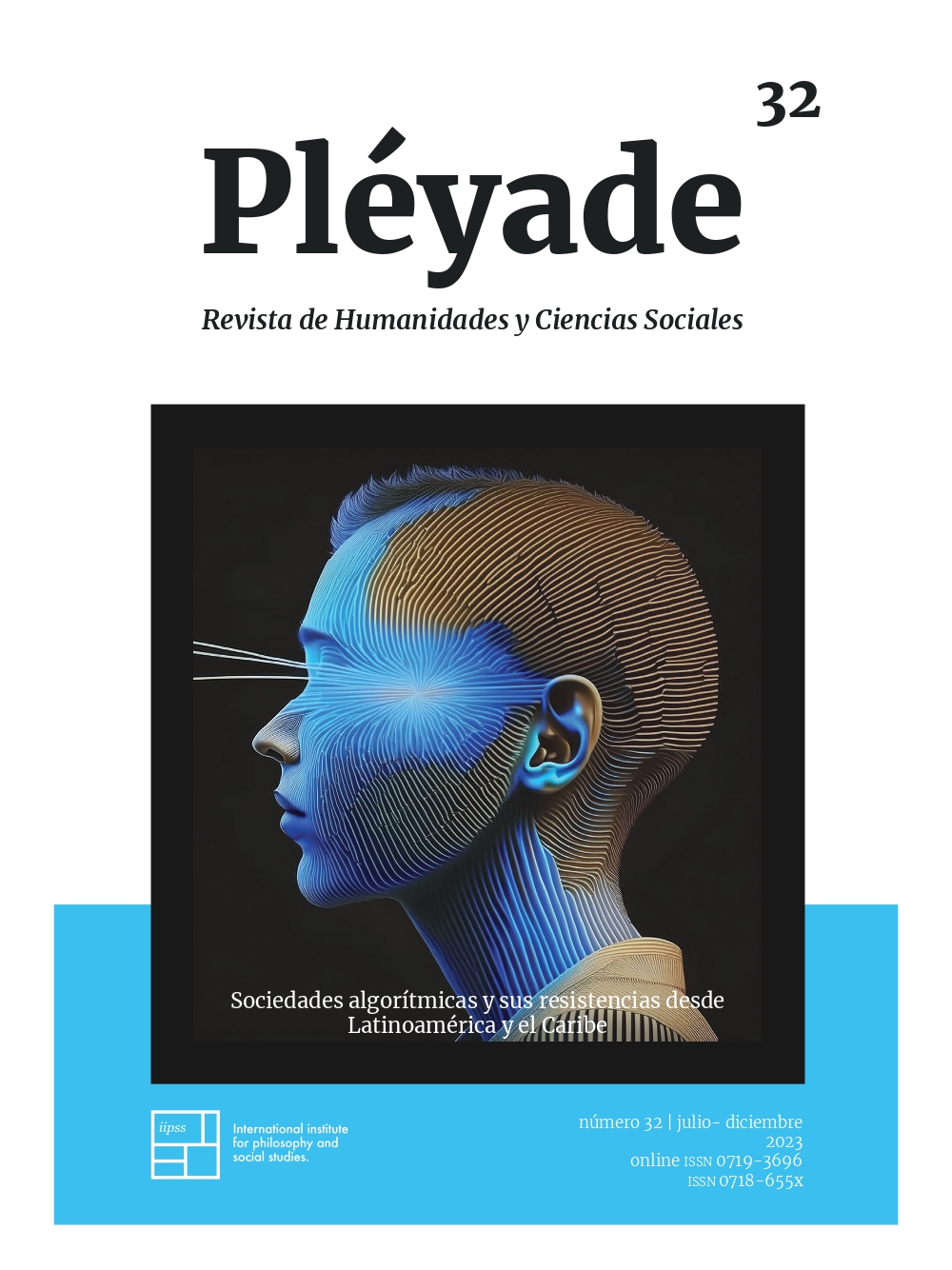The Future of Politics in the Face of the Smart Cities Paradigm: New Challenges for Argentine and Latin American Democracy

Published 2024-01-20
Keywords
- smart cities,
- Buenos Aires,
- platforms,
- neoliberalism,
- urban politics
How to Cite
Copyright (c) 2024 Juan Funes, Betina Andrea Guindi

This work is licensed under a Creative Commons Attribution-NonCommercial 4.0 International License.
Abstract
The application of information and communication technologies to manage cities introduces an intricate problem for democracies on a global scale. The smart-cities paradigm is presented as an “objective” and “apolitical” management model, based on the idea that platforms are neutral tools and that the extracted data is merely a reflection of reality. These premises imply, on the one hand, the expansion of neo-extractivist capitalist logics regarding the proliferation and circulation of data, and, on the other, reinforce a police order that threatens
the possibilities of a democratic politics in a radical sense. The logics of virtualization involve the expansion of a cognitive capitalism embedded with a corporate social ethics typical of neoliberal governmentality that creates and recreates new forms of subjection. However, this
is not an unprecedented phenomenon. In this article, the city of Buenos Aires is considered as a paradigmatic case to trace back the way in which different technocratic views functioned as antecedents of “smart cities”, particularly from the 1930s and the emergence of urbanism. In this way, it seeks to avoid falling into technological and ahistorical biases, to try to understand the many-layered current urban scenario.